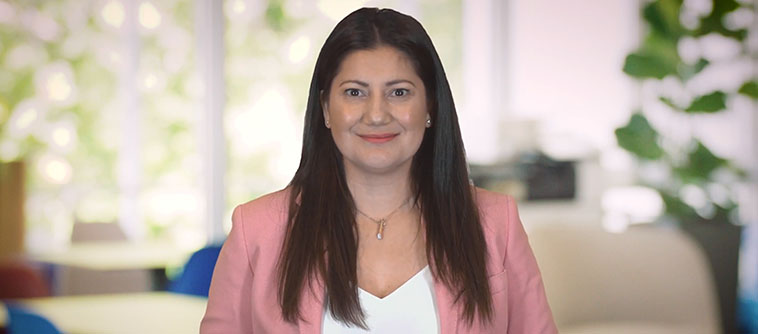A new form of inclusive, fast and intense “crowd-sourced” intervention could transform corporate culture for good, says Louise Muhdi, Professor of Innovation and Strategy.
For organisations and executives, the need to change and pivot at speed has become a necessity in order to keep up with a tidal wave of disruptive forces and opportunities. The COVID-19 pandemic has transformed the world this year, catching whole industries off guard and forcing a global rethink of strategy.
But this year’s events also represent an unprecedented opportunity to set a new course and learn how to master disruption, according to Professor Muhdi. She argues that organisations should use this transformative moment to reboot mindsets and foster creative ways of collaborative and adaptable working that are fit for the future.
“Let’s face it – organizations and executives can’t afford to lose the time it takes to undergo an old-fashioned, drawn out process of development, transformation or innovation when there is a pandemic going on – those old ways just don’t work anymore,” Muhdi explained.
“The only way to remain competitive, and ultimately survive, is to take this opportunity to rewire mindsets and nurture a culture of continuous learning and adaptability,” she said.
Designing a new corporate DNA
Muhdi says the use of regular short, online interventions based on crowd-sourcing, creative problem-solving and hackathon techniques can both deliver the focus, innovative thinking, creative problem-solving and talent mobilisation needed to address and act on today’s challenges, while also rewiring corporate DNA to foster a culture of continuous learning.
She argues that, in times of rapid change, this is more effective and efficient than traditional, long-form executive development or transformational programs – especially in a highly-uncertain environment where so many workers are now remote.
“We hear so much about how important it is to develop skills in creativity, adaptability and collaboration, without offering leaders and teams effective tools to learn these skills and then embed them in their organisations,” she explained.
“Through a repeated cycle of short-burst, problem solving sessions that tap into collective intelligence – both inside and outside of your organisation – companies can learn to become smarter organisms that instinctively know how to create, adapt and collaborate. This will empower you to not just survive but to thrive in a rapidly-changing environment.”
Muhdi’s IMD Accelerate program offers a virtual intervention of 18 hours over three days that enables organisations to democratise and accelerate their strategies at scale by focusing on specific problems and inviting potentially hundreds or thousands of internal and external stakeholders to co-create solutions at speed.
Professor of Innovation and Strategy Louise Muhdi is leading the session From challenge to solution in 48 hours: accelerating innovation by leveraging the collective intelligence of stakeholders at OWP liVe in November.



